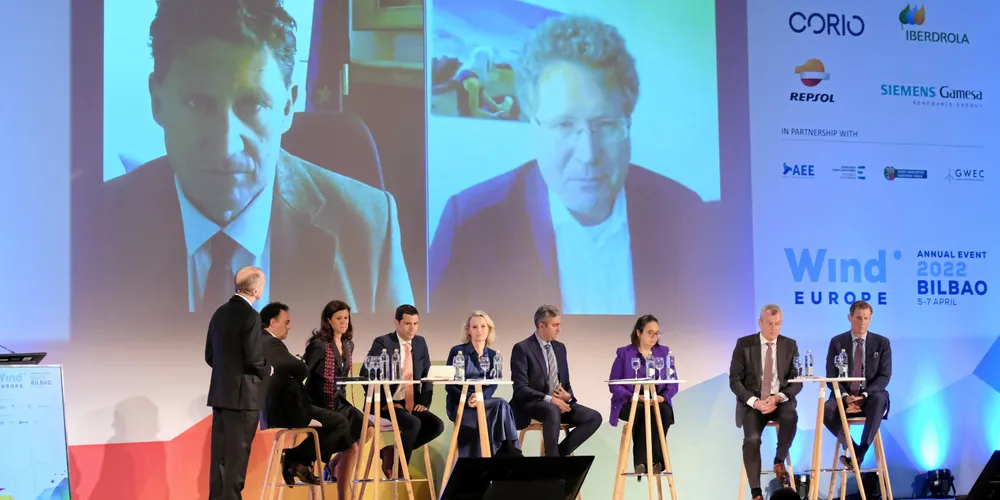An industry in pain – just when the world has never needed it more: WindEurope 2022
AGENDA | Our special curation of the must-read news and analysis from the-week-that-was in Bilbao

AGENDA | Our special curation of the must-read news and analysis from the-week-that-was in Bilbao
